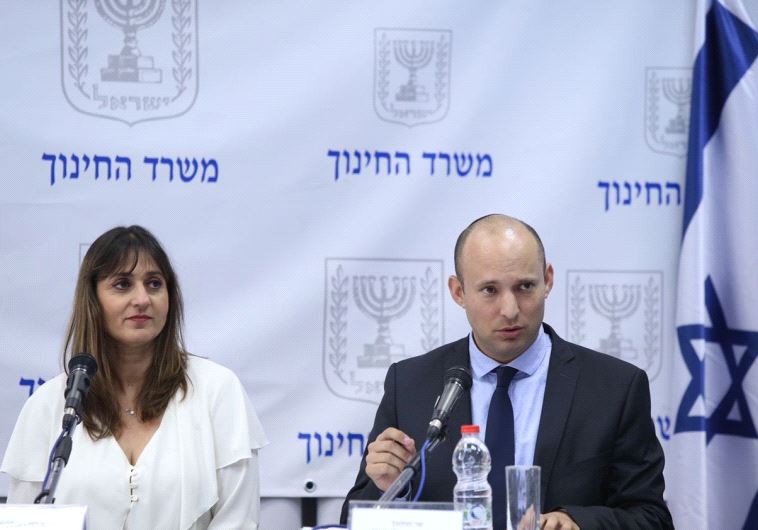Assessment shows improvement in Israeli primary schools
Despite the advances, large gaps remain across socio-economic sectors and between Hebrew and Arabic-speaking pupils.
 Edication Minister Naftali Bennett at the release of the Meitzav elementary school assessment examUpdated:
Edication Minister Naftali Bennett at the release of the Meitzav elementary school assessment examUpdated: